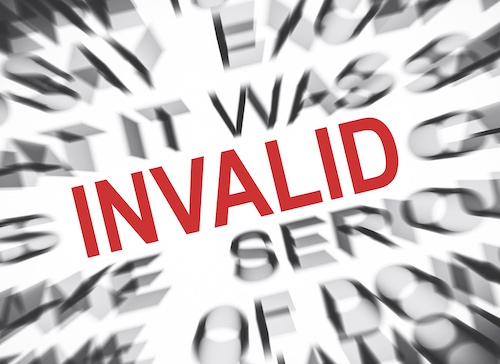What To Know Before Renting Your First Apartment
Could there be anything sweeter than being 18, out of high school, and ready to flee the nest? It’s time to live under a different roof than your parents, and not worry about their silly (to you) rules.
But adulting doesn’t mean getting to do whatever you want. With that first place comes signing a lease. A lease agreement is a contract you sign to rent an apartment or home. When you are 18, you are an adult in the eyes of the law and held to any contracts you sign. And in some states, even being a minor can obligate you if you contract for “necessities” such as food or shelter.
If you break your lease, you may be responsible for all the rent due under the lease. That means owing thousands of dollars at one time. This article will guide you through what to know before renting your first apartment.
When Apartment Hunting
It is exciting to be a first-time renter. However, take steps to protect your interests before renting a new apartment. When conducting an apartment search, ask yourself the following?
- Is the location convenient for where you work or attend school?
- Is the area safe?
- Is the apartment complex in good condition?
- Do you have access to public transportation if you need it?
- What are your “must-have” requirements? Is it pet-friendly? Does it have good Wi-Fi?
After you identify the perfect apartment, the next step is applying. The management company may ask for any rental history or monthly income. Find out what other information they require, such as:
- Is there a credit check (looking at your credit history or credit score) or background check?
- Do you have to pay for a credit report or application fee?
- Do you need proof of income?
Make sure you deal with the property managers personally and not third parties. Some “rental agencies” are merely scams to get personal information such as your credit card or Social Security number.
Read Your Lease Agreement (All of It)
A lease agreement is a binding contract to rent a place. Before you sign the lease, you should read all the terms (yes, even the fine print) to know your obligations. And make sure you know the difference between signing a rental application versus a lease. The application gives a landlord information to determine if they will rent to you.
When reading the lease, look for answers to the following questions:
- Is your lease term for an entire year or month-to-month? Know about any late fees or charges for late payment of rent. How much notice must you give the landlord before leaving the property? Some lease agreements automatically roll over into a new term.
- If you are attending college, find out if your lease is for the school year or an entire year. You might have to pay for the summer months when you aren’t at school.
- Besides the rent, find out what else you need to pay for, like parking, renter’s insurance, utilities (gas, electricity, water), or internet.
- Do you need to pay a security deposit or the first month’s and last month’s rent upfront? How do you get the security deposit back?
- Determine what you are responsible for and what your landlord is. Who fixes a clogged toilet? Who replaces lightbulbs?
- If you have a lease for a whole year, you may be able to rent out the summer months by “sub-leasing” those months to someone else. Read the lease to see if the landlord allows sub-leasing.
- Understand the rules for overnight guests. Guests staying longer than a specified period may subject you to fees or an eviction notice.
- Is the building pet-friendly? Do you have to pay a pet deposit or other pet fees?
- Do you need someone else to guarantee your payment of rent? Some leases require a guarantor or co-signer, such as a parent, to agree to pay the lease if you can’t.
- Is the lease in your name only? Or are your other roommates on the lease? Know what happens if a roommate wants to leave the lease early. In some cases, you might be on the hook for their share of the rent!
Knowing these terms before you sign on the dotted line helps avoid problems and misunderstandings.
Before Move-In Day
Besides figuring out who can help you move, there are a few things to do before your move-in:
- Inspect the property with the property manager. Make notes or take photos of prior damage, so you are not liable for it.
- Look into an additional insurance policy to protect your personal belongings.
- Set up any utilities for your new place.
- Notify the post office, people, and companies of your new address.
If You Want to Break the Lease
You lease the property for a specific time period. Again, make sure you know how much advance notice you need to give if you do not want to renew the lease. If you feel the need to get out of a lease early, here are some ways to do that:
- Subletting your premises: You may be able to find a tenant to replace you in the lease. Get your landlord’s permission first. The landlord may also charge a small “re-let” fee.
- Constructive eviction: If there is a problem with the premises that makes it unsuitable for living there (for example, a caved-in roof or fire damage to the property), you may be able to break the lease and move elsewhere.
- Early termination by law: Members of the armed forces may leave a lease early if they are called into service.
Good luck adulting!
You Don’t Have To Solve This on Your Own – Get a Lawyer’s Help
Meeting with a lawyer can help you understand your options and how to best protect your rights. Visit our attorney directory to find a lawyer near you who can help.






